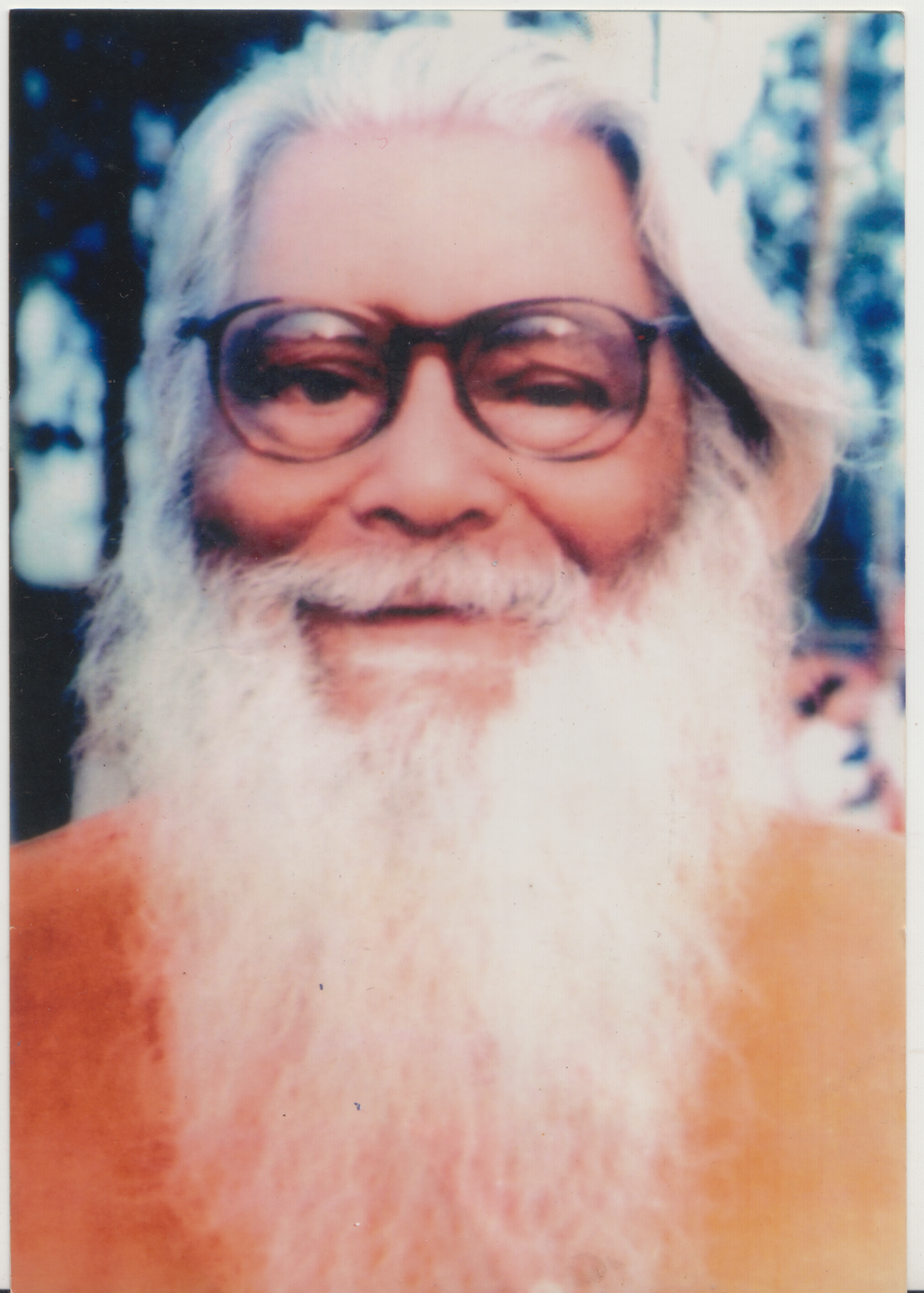BASICS is a seed-bank of ideas about the sustainable future of humans and other living beings on our planet. It is a platform that aims to bring together people in a dialogue about ethical, mindful and conscious living in all sections of society. BASICS aims to develop ways to correct the disharmony, inequality and stress caused by the profit-is-all and might-is-right values of the post-industrial world. Humans everywhere are living in the shadow of fear, as the wrong ideas and actions initiated in the era of monopoly capitalism destroy the fine balance of life. Healing ourselves and the planet through both scientific and traditional, indigenous knowledge pathways requires creativity, flexibility and depth of vision. By focusing on education, socio-economic welfare work, and by promoting conscious living and livelihood, BASICS aims to nurture generations of humans who can repair the damage that our consumerism and thoughtlessness has done to this planet. The BASICS Trust was inspired by the social reformer and anti-colonial revolutionary Acharya Gour Ganguly’s lifelong work for the social, cultural and economic empowerment of the individual and society. A holistic approach to human welfare guides the work of BASICS. Our activities include:
- Educational support: Through the Vivek Vani Shiksha Kendra, children and youth from lesser privileged families are given free academic coaching support, nutritional support, and need-based training. Public speaking, theatre, music, dance, self-defense and mindfulness training help the students cope with difficult home environments. Scholarships are provided, as well as books, stationery, etc.
- Training in sustainable living and livelihoods: Students are oriented in ecologically sustainable living through zero-waste excursions, plastic-clearance drives, city cleaning drives, tree planting, etc. Periodic training camps in organic farming in urban and rural areas are also provided.
- Life skills capacity-building: Workshops, lectures are organised for conscious living through physical culture, alternative medicine, mindfulness, etc. to empower the common man in health, education and social life.
- Charitable activities: Activities such as free medical camps, eye check-up camps, self-defense camps for women and children are periodically organized, as well as relief and rehabilitation work during and after natural disasters.
Our Founder

Eminent social reformer Acharya Gour Mohan Ganguly was born in Calcutta, India on 14th December 1920. A child prodigy and outstanding student, he went on to study at Oxford and qualified as an I.M.S. officer from Sandhurst to become the first Indian military commissioner of the North West Frontier Province. Subsequently, he plunged into India’s freedom struggle, and was imprisoned several times by the British for being an anti-colonial revolutionary. He formed the Azad Hind Jamait to inspire thousands of youth in Bengal to do welfare and revolutionary work.
Born during the upheaval against British rule, he grew up under the tutelage of his grand-uncle Bipin Behari Ganguly, a great leader of India’s freedom struggle. His worldview was nourished by the teachings of many paths: Vedanta philosophy, Buddhism, Sufism and many others. He fought the British alongside Netaji Subhas Chandra Bose. Later, he worked for rural development adapting Gandhi’s vision of gram swaraaj (self-sufficiency of rural communities) to local needs and conditions. From his childhood, he hated the caste system, and worked all his life to eradicate the inequalities of caste wherever he lived and worked. His close association with Father Henry during his youth in England shaped his approach to humanitarian work.
Wary of the apathy and arrogance of people in power, he believed in empowering the masses as forces of social change, by making them fearless, greedless and economically self-sufficient, using the 'little resources of the common man'. In this spirit he organised the poor, refugees, peasants and local women of Tripura into a satyagraha (non-violent) protest movement to stop violence against women during the 1970s. He tried to inculcate an ethic of integrated rural development in these socio-economically disempowered areas. He encouraged people to build themselves up with non-profit-based values, and act to rid society of the malpractices of corrupt priesthood, excessive profiteering and other forms of exploitation.
A keen analyst of international affairs from his youth, he correctly anticipated many of the changes in India and the world that we are witnessing now. He stressed that the over-use and misuse of supercomputing, nuclear power and monopoly capitalism would result in the loss of autonomy in human lives. He worked towards raising awareness about this among the public. He strongly emphasized environmentally sustainable development, and empowering the masses materially and psychologically using available local resources and knowledge. He practiced and taught the harmony of all faiths, and fought discrimination of every kind, be it gender, caste, class or race. He left his mortal body on April 5th, 2003.
Our goals
- To promote the harmony of science and indigenous/traditional wisdom, in the common pursuit of truth
- To encourage the use of local resources for clothing, nutrition, shelter, healing, recreation
- To support the development of cooperatives and local networks to support local sustainable agriculture and small industries
- To create support systems for women and other disempowered constituencies to fight against gender injustice and violence
- To nurture the rational use of traditional knowledge and wisdom present in all societies and faiths, to inculcate sound ethics and non-profit based values in all walks of life
- To help people learn methods of peaceful conflict resolution and synthesis of ideas for a peaceful and equitable world free from fear; to create awareness among people about the systems that are disempowering them.
- To help each individual develop to their fullest potential, without regimentation, and to help remove the socio-economic obstacles to this all-round growth
- To promote global connections between small communities working towards these goals in India and the world, and create a platform for the sharing of ideas for a sustainable and more conscious human existence on this planet